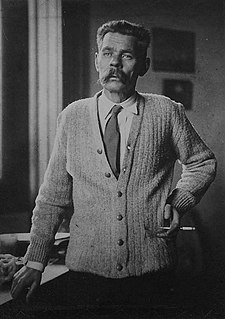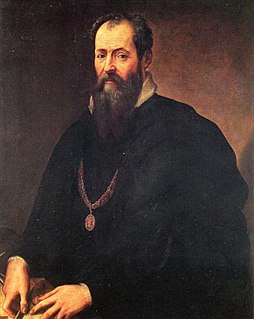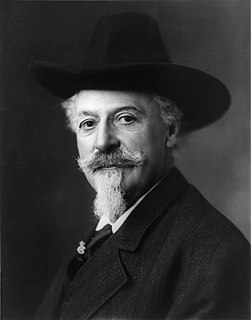A Quote by Sally Mann
At the age of 16, my father's father dropped dead of a heart attack. And I think it changed the course of his life, and he became fascinated with death. He then became a medical doctor and obviously fought death tooth and nail for his patients.
Related Quotes
Jesus perfected his life and became our Christ. Priceless blood of a god was shed, and he became our Savior; his perfected life was given, and he became our Redeemer; his atonement for us made possible our return to our Heavenly Father, and yet how thoughtless, how unappreciative are most beneficiaries! Ingratitude is a sin of the ages.
My father died when I was 10; my sister got polio a couple of years later and was paralyzed. So there I was - my sister in a wheel chair, my father gone, and my mother a quiet little mouse. You see, it was the '30s in the South, so my mother was not prepared to cope. So I was scared to death. And being that scared, everything afterward became a struggle not to go down the drain. Struggling became a way of life for me.
When I was young, the early death of my father cast a shadow over me - and I was afraid to die before all my literary plans came true. But between 30 and 40 years of age my attitude to death became quite calm and balanced. I feel it is a natural, but no means the final, milestone of one's existence.
We laugh, we cry, we work, we play, we love, we live. And then we die. ... And dead we would remain but for one Man and His mission, even Jesus of Nazareth. ... With all my heart and the fervency of my soul, I lift up my voice in testimony as a special witness and declare that God does live. Jesus is His Son, the Only Begotten of the Father in the flesh. He is our Redeemer; He is our Mediator with the Father. He it was who died on the cross to atone for our sins. He became the firstfruits of the Resurrection. Because He died, all shall live again.
My father never feared death. He never saw it as an ending. I don't know why Alzheimer's was allowed to steal so much of my father before releasing him into the arms of death. But I know that at his last moment, when he opened his eyes - - eyes that had not opened for many, many days - - and looked at my mother, he showed us that neither disease nor death can conquer love.
There is an essential difference between the decease of the godly and the death of the ungodly. Death comes to the ungodly man as a penal infliction, but to the righteous as a summons to his Father's palace. To the sinner it is an execution, to the saint an undressing from his sins and infirmities. Death to the wicked is the King of terrors. Death to the saint is the end of terrors, the commencement of glory.




































